Under Section 2799B-6 of the Public Health Service Act (PHSA), healthcare providers and facilities are required to inform individuals who are not enrolled in an insurance plan, a Federal healthcare program, or not filing a claim with their insurance, both orally and in writing, of their right to request a “Good Faith Estimate” (GFE) of expected charges when scheduling healthcare items and services.
Note: The PHSA and GFE do not currently apply to clients using insurance benefits, including Out-of-Network Benefits (i.e., seeking reimbursement from your insurance company).
The Good Faith Estimate outlines the expected costs for healthcare items and services based on the information available at the time the estimate is provided. However, it does not account for any unexpected or unknown costs that may arise during treatment. Additional charges may occur if complications or special circumstances arise. If this happens, federal law allows you to dispute (appeal) the bill.
If the bill you receive exceeds the Good Faith Estimate, you have the right to dispute the charges. You can contact the healthcare provider or facility to notify them of the discrepancy and request that the bill be updated to match the Good Faith Estimate, negotiate the bill, or inquire about financial assistance options.
You also have the option to initiate a dispute resolution process with the U.S. Department of Health and Human Services (HHS). To use this process, you must begin within 120 calendar days (approximately 4 months) from the date on the original bill.
There is a $25 fee for using the dispute process. If the agency reviewing your dispute agrees with you, you will only be required to pay the amount listed in the Good Faith Estimate. If the agency sides with the healthcare provider or facility, you will be required to pay the higher amount.

